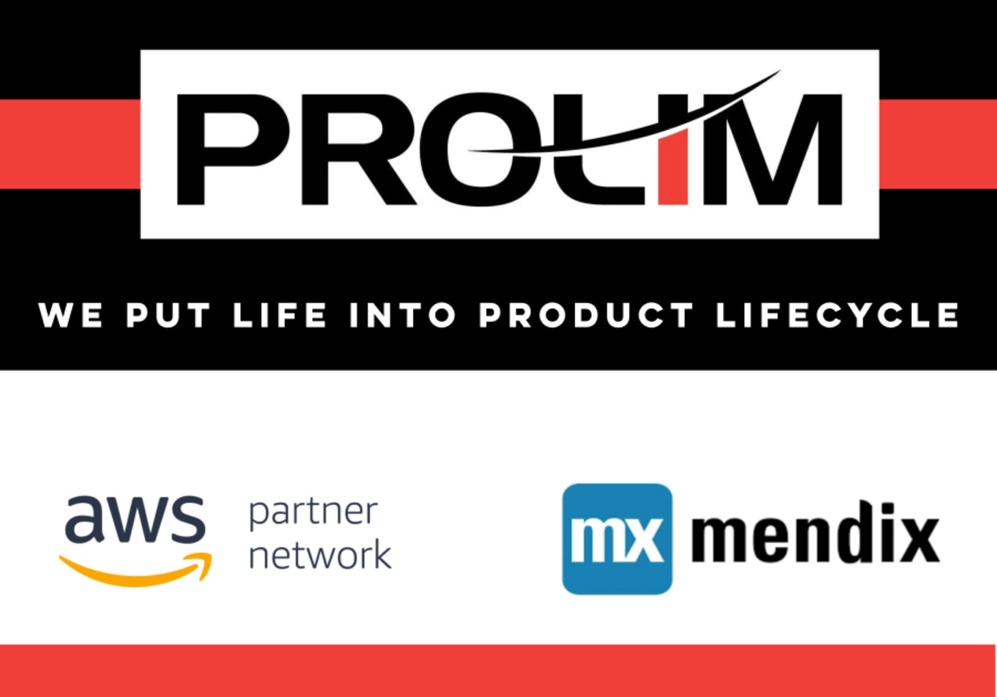PROLIM
Product innovation is the engine that propels industries forward. Today, new technologies like Product Lifecycle Management (PLM) and the Internet of Things (IoT) are helping to make better products across industries with remarkable success.
Prominent companies such as Ford, Magna, Ola, and Simple One in the car industry; SpaceX and Honda Jet in aerospace; along with various medical device manufacturers, serve as examples of companies harnessing these innovative technologies to propel their advancements. PROLIM, led by CEO Prabhu Patil, stands as one of the key players that empowers industries with innovative technologies.
As a conduit for transformation, PROLIM provides cutting-edge solutions based on Teamcenter Software, a modern, adaptable life cycle management system to manage a product’s life from concept to retirement. This process eliminates unnecessary steps, makes work more efficient, and gets products to market faster.
In addition, PROLIM is making waves with their industrial IoT and Mendix Solutions. “As IoT connectivity begins to extend to machines, sensors, devices and processes in an industrial setting, clear business outcomes such as increased manufacturing efficiencies, better resource utilization and transformed support models are driving adoption,” Ashwini Patil, PROLIM’S CTO, said. By leveraging product intelligence as part of the product development process, PROLIM has developed models to assess the impact on the development of processes, changing how products are innovated and built.
“To accomplish the promise of the Industrial IoT, we have developed IoT business models to place greater emphasis on services produced by an ecosystem of technologists that are collaborating to find the best possible, industry-wide solution rather than serving competing interests,” Patil said.
Using AI and machine learning, PROLIM boosts the automation and efficiency of more complex products needed in the industrial setting. It enables the creation of advanced products like connected cars, drones and medical devices. “By putting intelligence into our IoT product development model, we’re changing how products are made and how they’re innovated,” he added.
Moreover, IoT helps PROLIM to understand what customers want. By analyzing consumer demographics and product usage patterns, PROLIM ensures that product development caters to personalized consumer needs in the quickest possible time. This also helps them gain a competitive edge by predicting and staying ahead of future product development trends.
As Ashwini notes, IoT’s significance in our current climate goes beyond consumer goods, reaching deep into the heart of industrial processes. Improved manufacturing efficiencies, resource utilization, and transformed support models are just a few potential rewards. This industrial IoT revolution, aptly facilitated by PROLIM’s business models, encourages a collaborative ecosystem aiming for an industry-wide solution.
In our current climate, PLM, IoT and low-code platforms like Mendix are increasingly becoming essential tools in the innovation toolkit. These tools unlock the potential hidden within product data, opening the floodgates to unbridled innovation and creativity. With PROLIM leading the charge, companies can harness these digital technologies to navigate the complex landscape of product innovation, ultimately delivering value to their customers. As the SpaceX and Boeings of the world prove, these technologies are no longer a novelty, but the backbone of the modern product development process.







